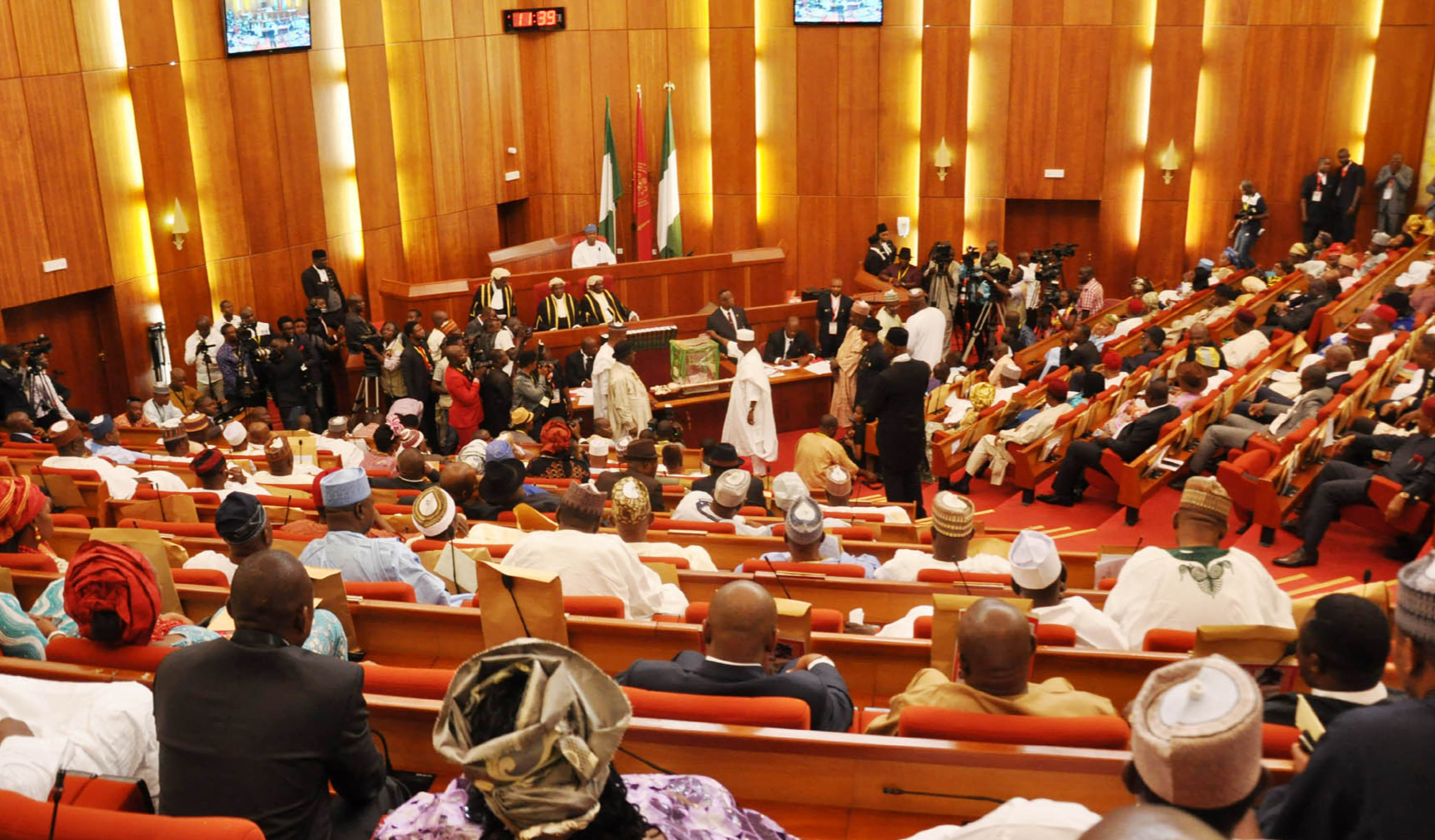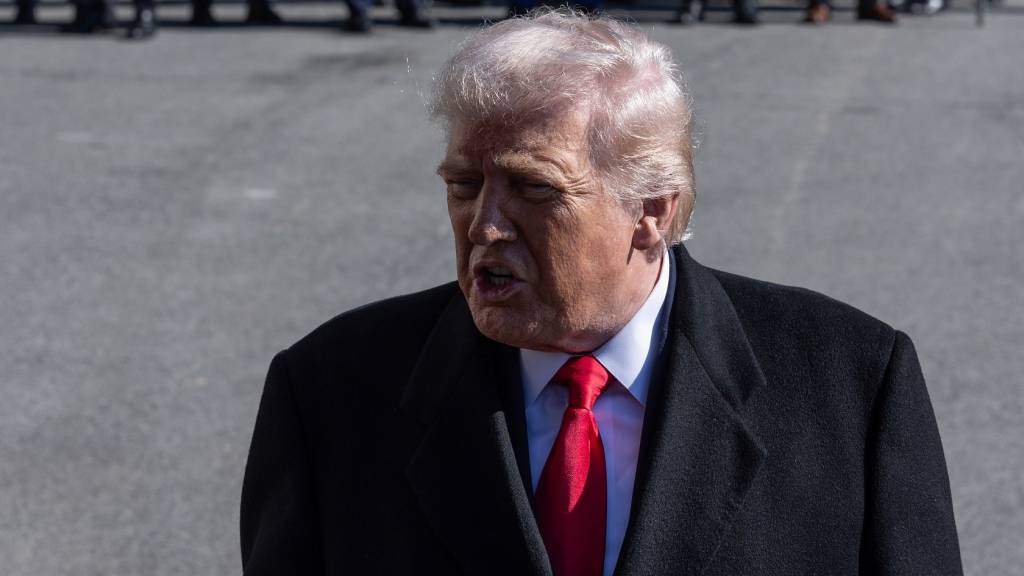Did money or politics cause Colbert cancellation? Either way, the economics are tough for TV

The television landscape was rocked this week by the bombshell announcement that The Late Show with Stephen Colbert will end its run in May 2026. While CBS and its parent company, Paramount Global, have firmly stated the decision is “purely financial,” the timing and circumstances have ignited a fiery debate: was this a business move, a political manoeuvre, or an unfortunate confluence of both?
The cancellation of CBS’s highest-rated late-night program comes just days after Stephen Colbert publicly lambasted Paramount’s $16 million settlement with President Donald Trump over a “60 Minutes” interview. Colbert, a relentless critic of Trump, called the settlement a “big fat bribe,” linking it to Paramount’s pending merger with Skydance Media, which requires Trump administration approval. This direct criticism of his own network’s parent company has fuelled speculation that his outspoken political commentary may have played a role in the show’s demise, despite CBS’s denials.
The Political Undercurrents:
For many, the political implications are hard to ignore. Senator Elizabeth Warren questioned the timing, stating on X (formerly Twitter), “CBS cancelled Colbert’s show just THREE DAYS after Colbert called out CBS parent company Paramount for its $16M settlement with Trump—a deal that looks like bribery. America deserves to know if his show was cancelled for political reasons.” The Writers Guild of America has even called for an investigation by the New York Attorney General, citing “significant concerns that The Late Show’s cancellation is a bribe, sacrificing free speech to curry favour with the Trump administration as the company looks for merger approval.”
Donald Trump himself celebrated the news on Truth Social, writing, “I absolutely love that Colbert got fired. His talent was even less than his ratings.” This public jubilation from a frequent target of Colbert’s humour only adds to the narrative of a politically motivated decision.
However, CBS executives maintain that the decision is unrelated to “the show’s performance, content, or other matters happening at Paramount.” They describe it as an “agonising decision” made “against a challenging backdrop in late night.”
The Harsh Economic Realities of Television:
Regardless of any political undertones, the economic challenges facing the television industry, particularly the late-night genre, are undeniable. Advertising revenue for late-night programs on broadcast networks has seen a dramatic decline. According to advertising firm Guidelines, that figure plummeted from an estimated $439 million in 2018 to $220 million last year.
The Late Show with Stephen Colbert reportedly costs $100 million annually to produce and has been losing about $40 million in revenue, according to reporting from Puck. While it was the highest-rated late-night show, it was the leader in a shrinking market.
“The reality is the business of late night is not going anywhere that justifies the enormous salaries that this talent is paid and the costs that these productions have,” Andrew Rosen, founder of media strategy firm Parqor, told Al Jazeera. “Ultimately, if you’re producing late night, it is mostly going to be consumed on YouTube.”
The broader TV industry is grappling with a multitude of financial pressures:
- Declining Linear Viewership: Traditional broadcast and cable TV are seeing consistent declines in viewership as audiences shift to streaming platforms.
- Rising Content Costs: Producing high-quality content, including paying top talent, is becoming increasingly expensive.
- Streaming Saturation and Churn: While streaming offers new revenue streams, the market is highly fragmented with over 200 platforms, leading to subscriber churn and high acquisition costs.
- Competition from Social Media: Social video platforms are becoming dominant forces, competing for both audience attention and advertising dollars.
- Advertising Shifts: Advertisers are increasingly moving their budgets to digital platforms where they can target audiences more precisely.
Some experts suggest that CBS could have explored other cost-cutting measures, similar to NBC’s decision to eliminate the band on Seth Meyers’ show or curtail Jimmy Fallon’s “Tonight” show to four nights a week. However, CBS will still have to pay Colbert until his contract expires next May.
The Future of Late Night and Political Commentary:
The cancellation of The Late Show signals a potentially significant shift in the late-night landscape and the space for unvarnished political commentary on mainstream broadcast television. While Colbert’s contract is set to expire, and he could likely find a home on a streaming service, the move by CBS sends a message about the financial pressures and potential political sensitivities that large media conglomerates are navigating.
The question of whether money or politics was the primary driver for Colbert’s cancellation will likely remain a subject of debate. What is clear, however, is that the television industry is facing an increasingly tough economic climate, forcing difficult decisions that will undoubtedly reshape the future of entertainment and news.













